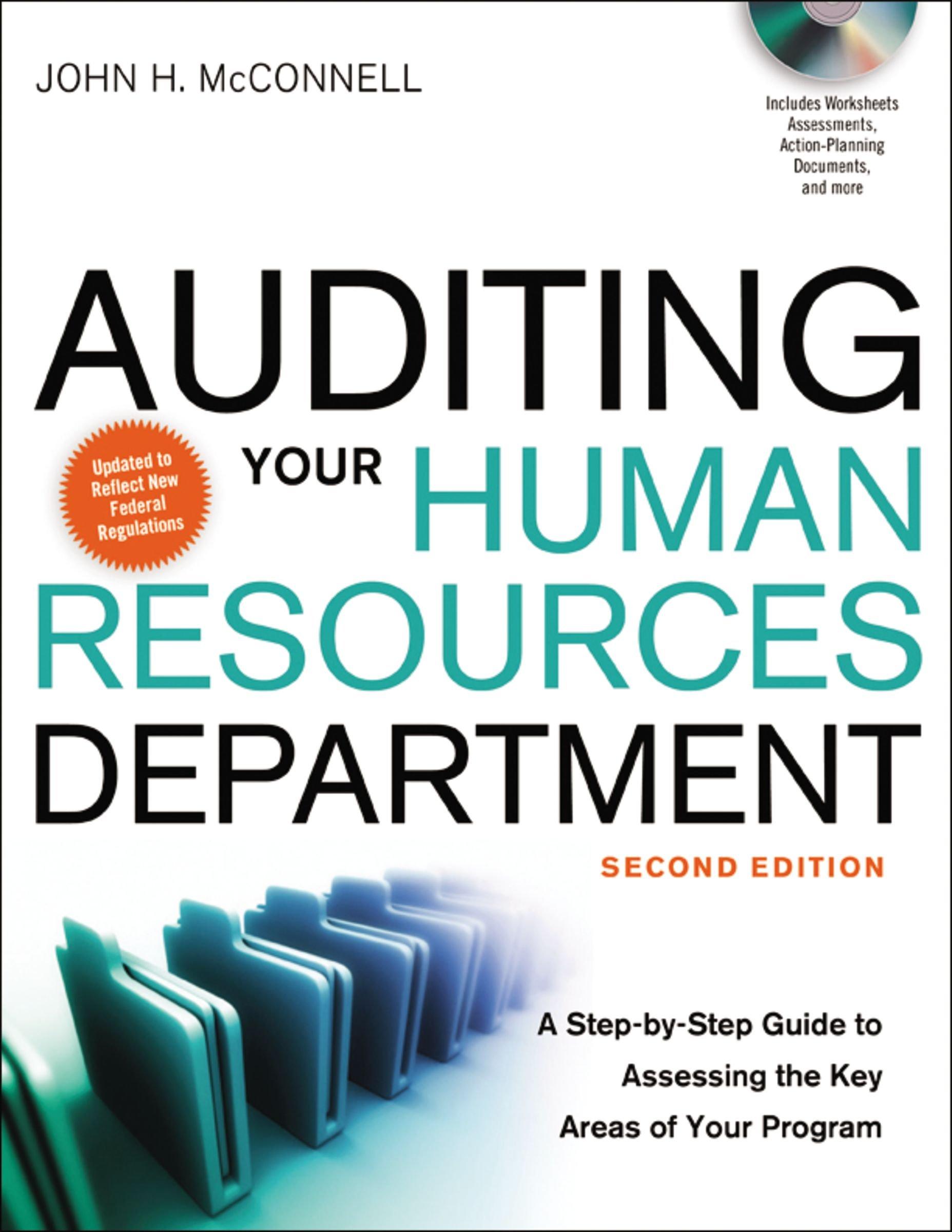Question
In 2013, Michael Saldana, a student at the University of Texas Pan American (UTPA), borrowed funds from a bank for his education and signed a
In 2013, Michael Saldana, a student at the University of Texas Pan American (UTPA), borrowed funds from a bank for his education and signed a promissory note for their repayment. The bank lent the funds under a federal program designed to assist students at postsecondary institutions. Under this program, repayment ordinarily begins nine to twelve months after the student borrower fails to carry at least one-half of the normal full-time course load at his or her school. The federal government guarantees that the note will be fully repaid. If the student defaults on the repayment, the lender presents the current balance principal, interest, and costs to the government. When the government pays the balance, it becomes the lender, and the borrower owes the government directly. Saldana dropped out of UTPA and school after the Spring 2015 semester and defaulted on his note. The government subsequently paid the lender the balance due and took possession of the note. Saldana then refused to pay the government, claiming that the government was not holder of the note. The government filed a suit in the U.S. District Court for the Southern District of Texas against Saldana to collect the amount due.
1. Was the note that Saldana signed an order to pay or a promise to pay and would does it matter to the outcome of the lawsuit? Explain.
2. Assume the note did not state a specific interest rate but instead referred to a statute that established the maximum interest rate of the government-guaranteed school loans. Does the note fail to meet the requirements for negotiability? Why or why not?
3. For the government to be a holder, which method must have been used to transfer the instrument from the bank of the government?
4. Suppose that in court, Saldana argues that because the school closed down before he could finish his education (UTPA merged with the University of Texas Brownsville in September 2015 to form the University of Texas Rio Grande Valley), there was a failure of consideration: he did not get something of value in exchange for his promise to pay. As the government is the holder of the promissory note, would this argument likely be successful against it? Why or why not?
Step by Step Solution
There are 3 Steps involved in it
Step: 1

Get Instant Access to Expert-Tailored Solutions
See step-by-step solutions with expert insights and AI powered tools for academic success
Step: 2

Step: 3

Ace Your Homework with AI
Get the answers you need in no time with our AI-driven, step-by-step assistance
Get Started


